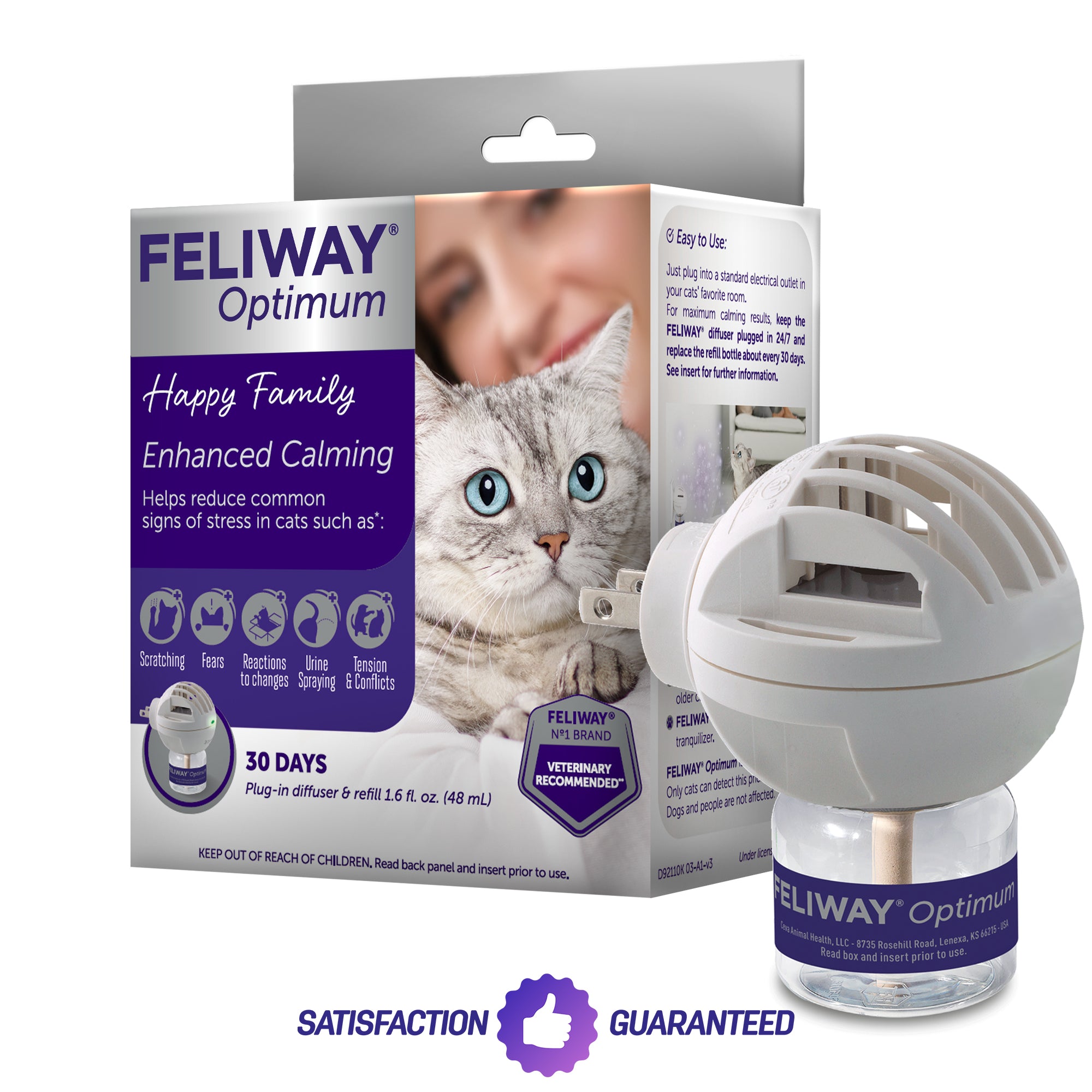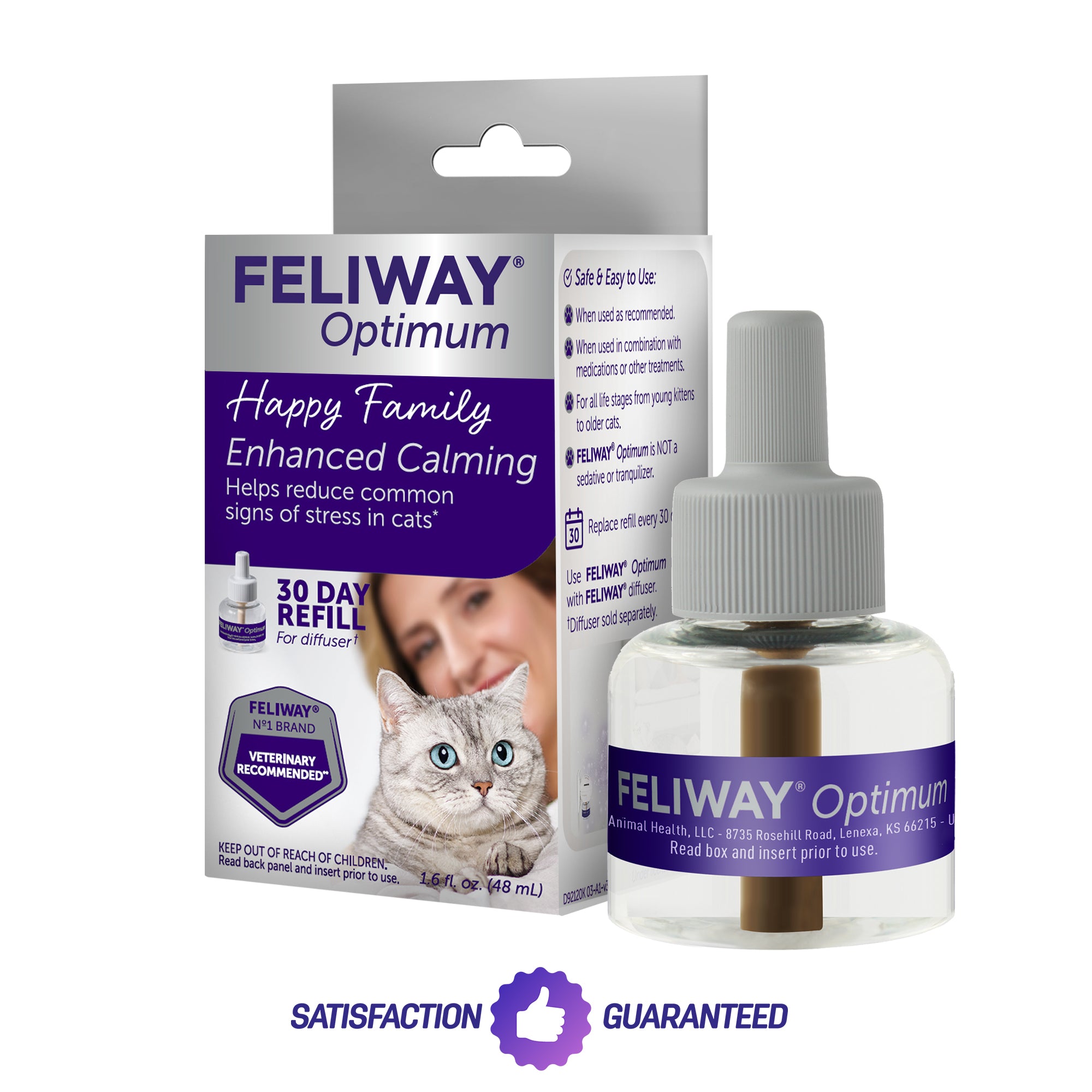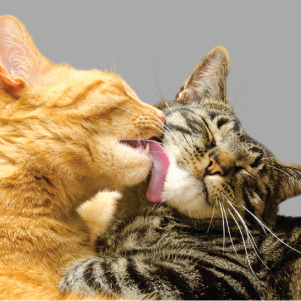
Do Cats Know When Their Humans Are Sad?
People often assume that cats don’t sense emotions like other species do. This raises an interesting question: do cats know when you’re sad?
As it happens, cats can develop a deep bond with the humans they live with and can interpret how we’re feeling. If your feline friend has ever surprised you with their concern when you were feeling sad, this is because cats will often act on visual or auditory cues such as crying and will behave in reaction to this.
In this blog, we’ll explore the question of whether cats can sense human emotions and how exactly they can react to them.
Can Cats Understand Human Emotions?
Studies have shown that our cats can indeed sense our emotions! Cats can distinguish between different emotional states such as when their human is content or when they are angry.
One study found that cats who spend time with their pet parents displayed more positive behaviors when their humans were happy compared to when they were angry. This difference did not occur when interacting with a person they weren’t familiar with. This shows that growing the bond with your cat will not only help you to understand them more, but will help them to understand you. It’s fascinating!
Our furry friends are pretty good at working out our body language. Just like how we can understand how they’re feeling in the same way. They can detect changes in our facial expressions, our tone of voice, and our movements. So, if their human is crying or happy, they’ll know the different cues to look out for that tell them how we’re feeling.

Can Cats Sense Sadness?
So, can cats tell when you are sad?
Although they may not specifically understand what we are feeling, cats can recognize the body language and movement changes that happen when humans become sad. They may not be able to pick up certain nuances between human negative moods such as loneliness or grief, but they know when we are in a low mood compared to when we’re feeling happy. The closer your bond is with your cat, the more likely they are to be in sync with you and understand your different moods.
It's important to note that every cat is different, so if you’re asking yourself “Can my cat sense emotions?”, the answer is most likely yes. However, their personality may mean that they don’t want to curl on your lap when you are feeling sad. They may just pay you more attention from afar where they feel comfortable. This is still a sign of your cat sensing your emotions, but in their own way.
How do Cats React to Their Human’s Emotions?
Cats are observant and intuitive, which means they often react to their human’s emotions. You may notice that your cat shows behaviors to match your feelings, such as rubbing against you when you’re sad or staying close when you’re focused on a task. Evidence shows that when their pet parents are content, cats are more likely to exhibit friendly behavior such as purring or sitting on their human’s lap.
Our feline friends can also be affected by human emotions as they can detect our emotional odors. An interesting study found that cats are able to distinguish a human’s fear odor. When smelling this fear scent, cats were recorded to exhibit a stress response to it. This shows that cats have adapted to react to human behavior and emotions in ways we might not even consider!

Can Cats Learn to Sense Emotions?
Cats are learning all the time, so yes, they may come to learn what you do when you’re feeling different emotions. For example, if you are sad and give them extra attention, they make the association between your behavior and actions with being in an emotional state, which means you give them more attention.
By creating a bond and spending more time with your cat, it will allow them to become more in tune to your behaviors and feelings. Over time, your cat will understand your routine and be able to tell how you’re feeling.
Strengthening your bond with your cat comes from spending quality time with them, as well as making sure they’re comfortable in their environment. As well as our cats paying attention to our emotions, it’s important to look out for your cat’s body language to see how they are feeling. Your bond will grow if you respect their emotional and behavioral cues too!
Just like us, cats also love to be treated, so delight them with a delicious snack to help strengthen your bond.
If you’d like to know more about how cats understand emotions check out all our other fantastic blogs online! Or if you have any questions, please don’t hesitate to get in touch – we’ll be delighted to share all the insights we can. And while you’re here, don’t forget to sign up to our newsletter to stay up to date with all our latest news, articles, and products.
























